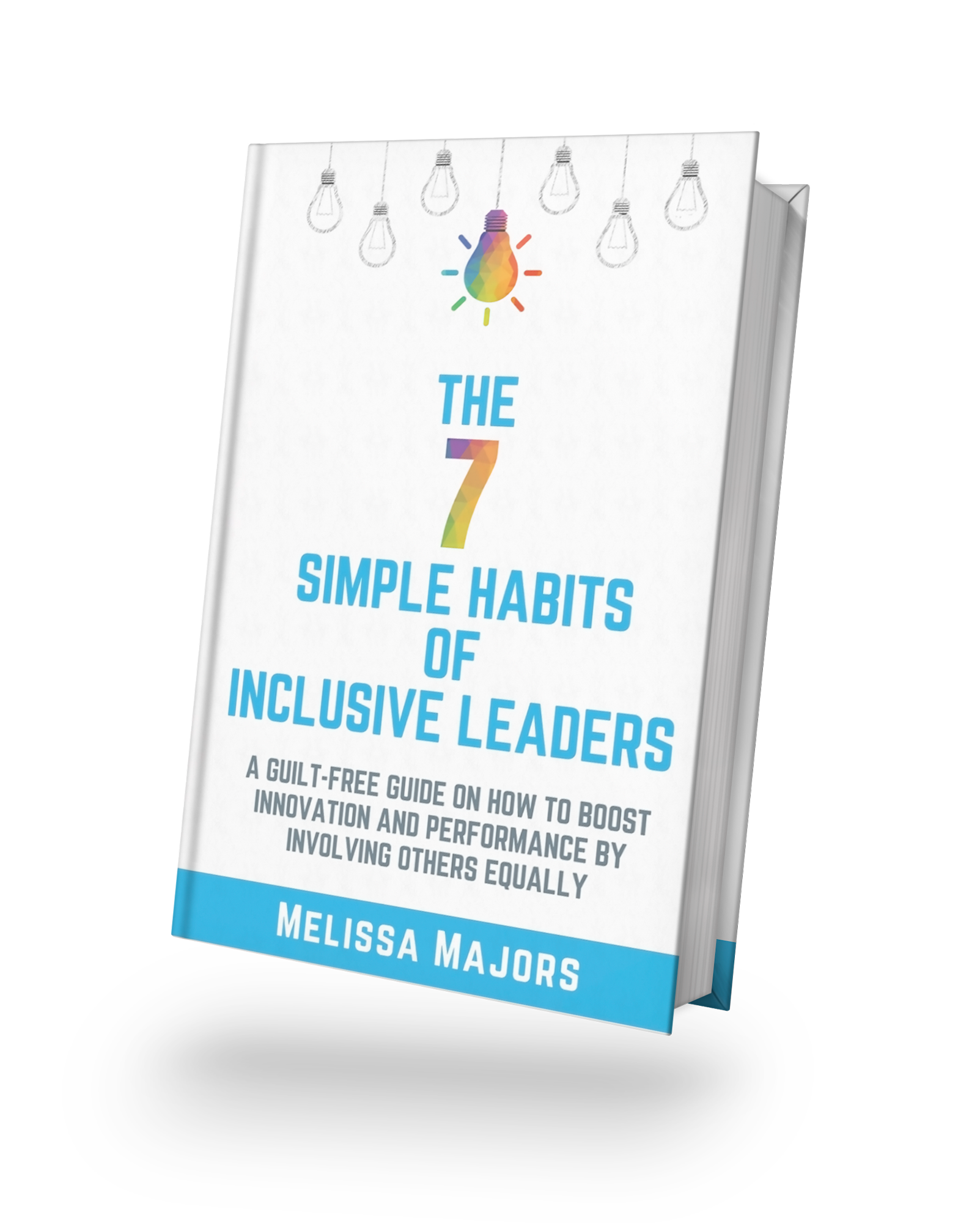Empathy: The Gateway to Trust & Psychological Safety
Tactical empathy. Chris Voss refers to it as “weapons-grade empathy”. What comes to mind when you think about it? Would you agree that it's vital to establishing trust and psychological safety? The ability to demonstrate that you recognize someone's perspective, whether you agree or not, can certainly contribute to connection and trustworthiness.
Tactical empathy also aids in:
Upholding Psychological Safety
Creating Non-Threatening Space for Interpersonal Risk Taking
Feelings of Dignity and Belonging
A cohesive team is built on trust and psychological safety.
Consider this; tactical empathy demonstrates trustworthiness. When others feel heard and considered, this experience cultivates psychological safety. Psychological safety encourages safe and effective interpersonal risk-taking, which contributes to learning experiences, growth, and innovative ideas.
When you recognize and acknowledge someone else’s perspective, you are less likely to rely on your limited viewpoints. Tactical empathy not only nurtures trust and psychological safety for your team; it also broadens your perspective and serves to elevate your consciousness.
The ABILITY to acknowledge and recognize your limited viewpoints is half the battle.
Once you transcend beyond the temptation to react, it frees you to focus on the other person's perspective genuinely. When this occurs, you uncover vital insight required for critical thinking and establishing trust.
An effective way to deeply empathize with someone’s perspective is to pause before responding and ask non-judgement questions that allow them to elaborate on their thoughts.
I also suggest saying, “Let me repeat this back to ensure I understand.” This calibrating tactic works to hold you accountable for being an active listener, demonstrates your genuine interest in the other person, and makes them feel heard and considered.
Try this habit, as explained in The 7 Simple Habits of Inclusive Leaders, as a brain hack to overcome judgement and defensiveness.
“If someone describes an unfair experience, then I will actively listen to UNDERSTAND and EMPATHIZE, even if I disagree.”
Check out this comic strip to see tactical empathy in action.
With this practice, you prevent your thoughts and perspectives from taking the lead, while creating space for...
Trustworthiness
Innovative Ideas
Better Decision Making
Practice brain-hacking habits that will CHALLENGE you, and enable you to EVOLVE into being even MORE inclusive.
Let’s break this scenario down even further.
In box 4 , The supervisor may completely disagree. If he discounts the team member’s perspective, it will likely diminish trust, open candor, and risk taking.
Most of the time, people hesitate to share their experiences for fear of backlash and loss of rapport with those in power. When they find the courage to share, it may seem risky; especially in the workplace.
When a team member chooses vulnerability in a scenario like this, tactical empathy is a powerful approach to serve as a conduit for building rapport, trust, and collaboration. This psychologically safe environment is a game-changing performance booster for teams of all sizes.
The supervisor was mindful about responding with tactical empathy in this sensitive and trust-defining moment. The leader demonstrates the ABILITY to recognize someone else's perspective and applies inclusive leadership behavior.
Want to go deeper? Read or listen to The 7 Simple Habits of Inclusive Leaders, a guilt-free guide on how to boost innovation and performance by involving others equally.









